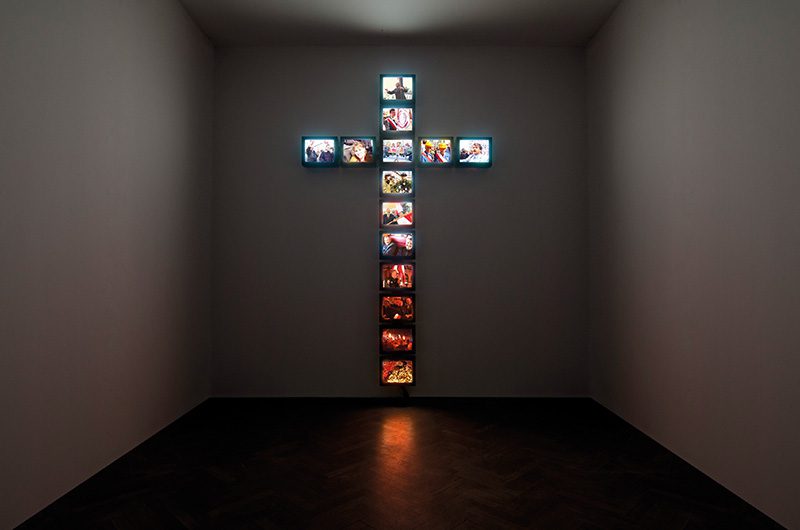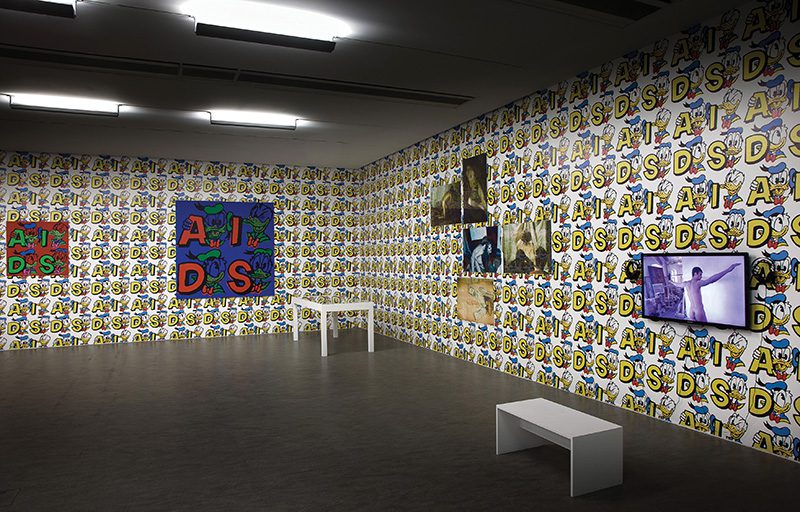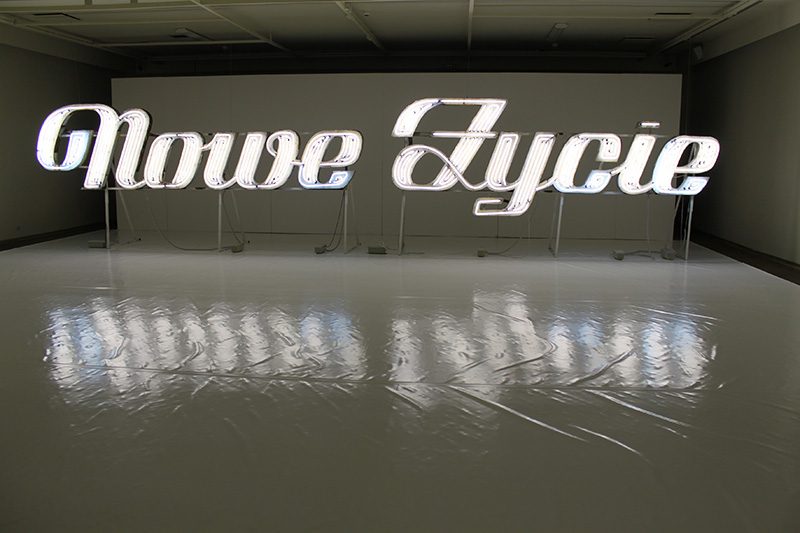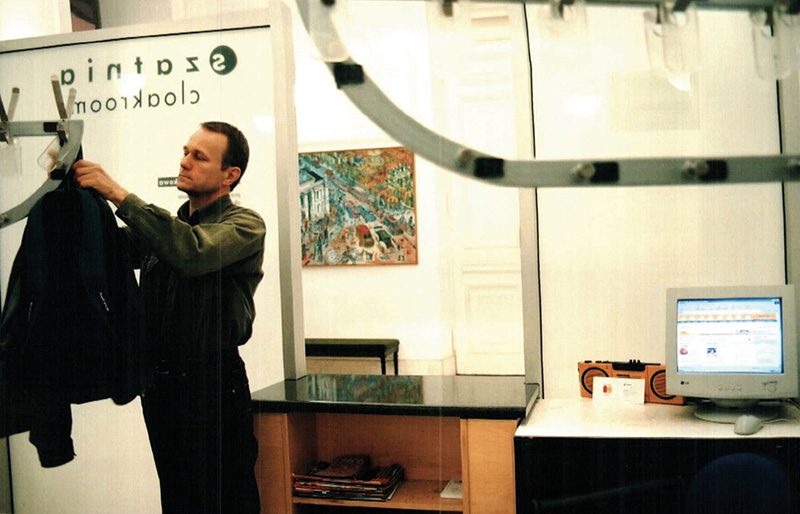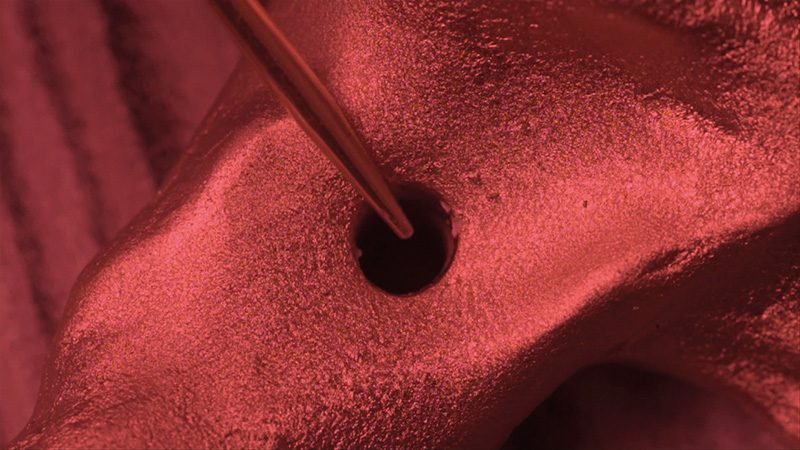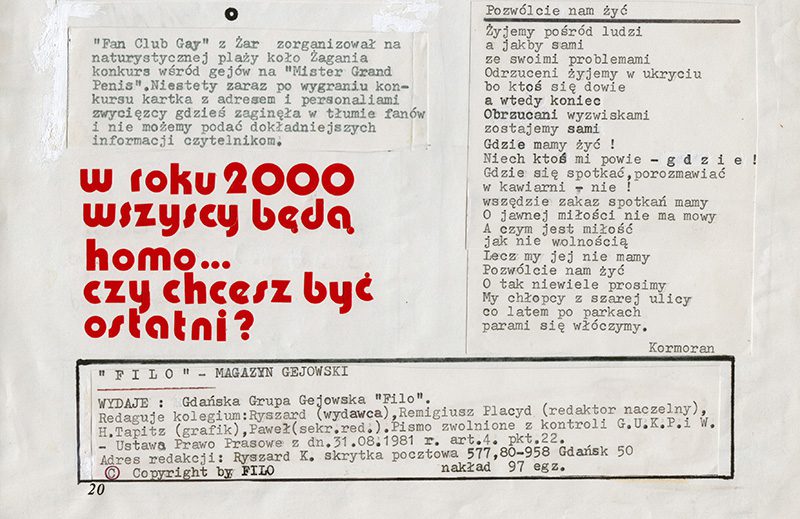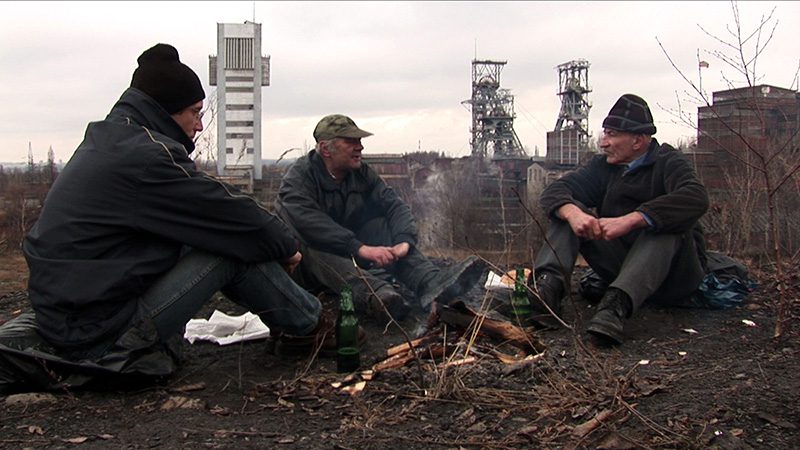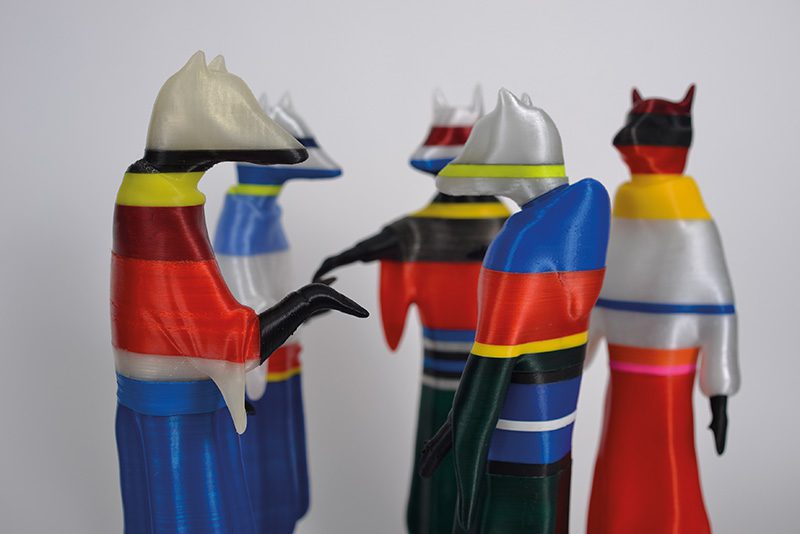ART-PRESENTATION: Common Affairs
 Spanning at two Berlin venues, the exhibition “Common Affairs” presents a selection of artists who were nominated for the important for the Contemporary Polish scene, VIEWS Award from 2003 to the present. It touches on the history and impact of the award. At the same time, explores the freedoms, discourse, and exchange afforded by public and private sponsorship, and how art is used as an ideological instrument as a result.
Spanning at two Berlin venues, the exhibition “Common Affairs” presents a selection of artists who were nominated for the important for the Contemporary Polish scene, VIEWS Award from 2003 to the present. It touches on the history and impact of the award. At the same time, explores the freedoms, discourse, and exchange afforded by public and private sponsorship, and how art is used as an ideological instrument as a result.
By Dimitris Lempesis
Photo: Deutsche Bank KunstHalle Archive
The artists featured in the exhibition “Common Affairs” comment on the years that have elapsed since the new political system was introduced in Poland in 1989 and Poland’s changed role in the European community. Polish artists have repeatedly cast a critical eye on the country’s political situation. Janek Simon with his sculpture series “Real Poles”, the series is a reaction to recent political discourse in Poland and the discussion about what it means to be a Pole. The country’s grappling with modernism is a key theme, ranging from Anna Molska’s version of Gerhard Hauptmann’s “The Weavers” to Rafał Jakubowicz’s work “Bauhaus”, whose typography was used by Franz Ehrlich, a graduate of the Bauhaus in Dessau. As a prisoner, Ehrlich worked at Buchenwald concentration camp and designed the inscription on the gate to the inmates’ camp “Jedem das Seine” (To Each His Own),in the typography of Bauhaus modernism defamed as “degenerate” by the Nazis. Elżbieta Jabłońska’s ready-made “Nowe Życieis on view at the Polish Institute-Berlin, is a ten-meter-long neon sign from the ‘70s that the artist found at a farm cooperative. The optimistic promise of a new beginning takes an ambivalent turn more than forty years later in the context of the exhibition. For the exhibition, the giant light sculpture been loaded onto a ship and is transported illuminated down rivers and canals crossing the border from Poland to Germany. The second focus of COMMON AFFAIRS is the exhibition’s Engagement with the mediation and production of art, the investigation of the conditions at cultural institutions and the social hierarchies in the art industry. In her film “Office for Monument Construction”, Karolina Breguła shows that a museum collection not only creates a group identity, but is also an instrument of state and institutional power. Łukasz Jastrubczak’s “Sprite Fo Copcentual Tartist” creates a link to further museums in Berlin and Konrad Smoleński steps with his Perfromance “Untitled” out of the gallery space into the periphery of Berlin
Info: Curators: Julia Kurz and Stanisław Welbel, Deutsche Bank KunstHalle, Unter den Linden 13/15, Berlin & Polnisches Institut Berlin, Burgstrasse 27, Berlin, Duration 21/7-30/10/16, Days & Hours: Deutsche Bank KunstHalle Daily 10:00-18:00, Polnisches Institut Berlin Tue-Fri 10:00-18:00, www.deutsche-bank-kunsthalle.de
